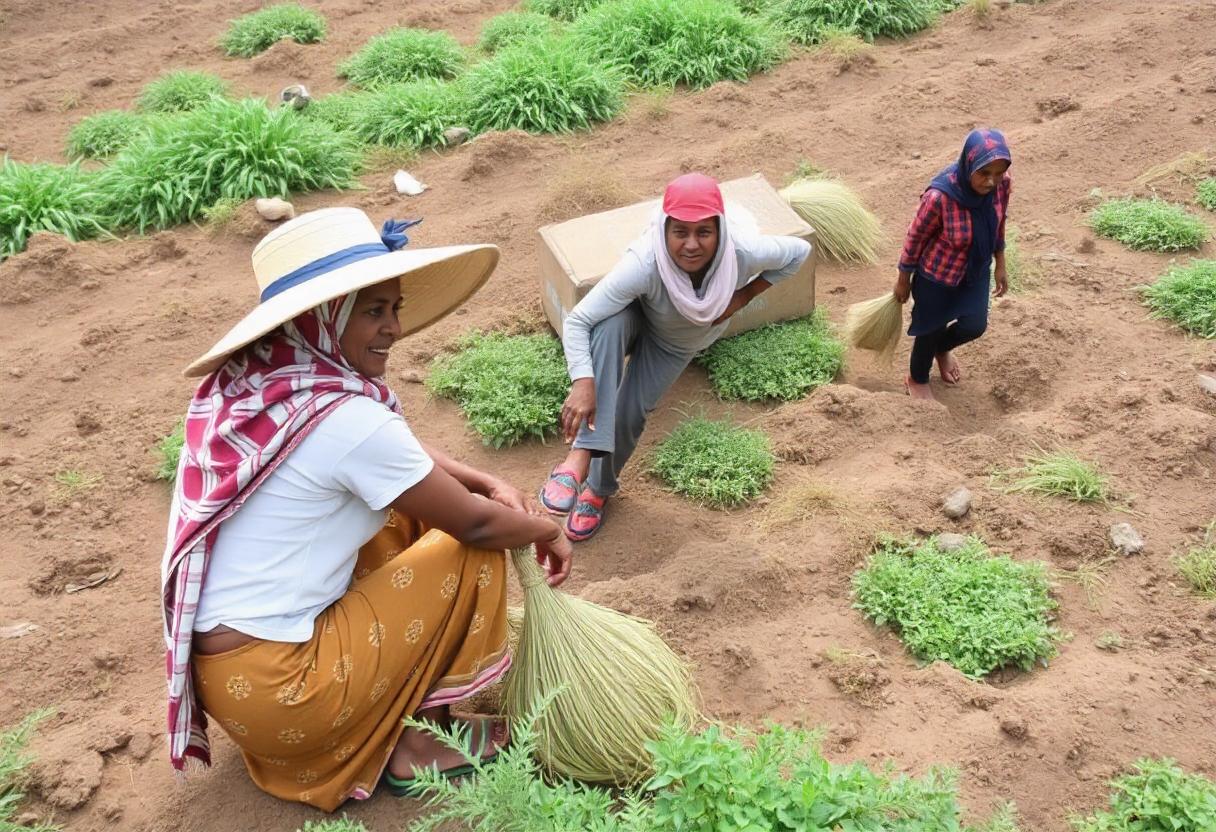
Introduction
Migration, both internal and international, has long been a significant factor affecting farming communities worldwide. While migration can offer opportunities for improved livelihoods and development, it also poses challenges, especially to rural and agricultural regions where farming is the primary occupation. The impact of migration on farming communities is multifaceted, influencing everything from labor availability to economic stability.
Labor Shortages and Agricultural Productivity
One of the most direct impacts of migration on farming communities is the shortage of labor. In many rural areas, young people migrate to urban centers in search of better-paying jobs, leaving behind an aging population. This outflow of labor reduces the number of hands available for essential farming tasks like planting, harvesting, and maintaining the land. As a result, agricultural productivity often suffers, leading to lower yields and income for farmers who rely heavily on manual labor.
Economic Implications
Migration also has significant economic implications for farming communities. Remittances sent by migrants can provide financial relief to families left behind, allowing them to invest in better farming equipment or diversify their income sources. However, the loss of a productive workforce can create long-term economic instability. Additionally, farming communities may face challenges in maintaining the balance between traditional agriculture and the influx of modernity brought about by migrants’ exposure to urban and international lifestyles.
Shifts in Land Ownership and Farming Practices
As migration patterns evolve, there are noticeable shifts in land ownership and farming practices within rural communities. In some cases, families that can no longer manage their farms may lease or sell their land to larger commercial agricultural firms. This shift can lead to the rise of large-scale farming at the expense of smallholders. Moreover, farming practices may change as migrants bring back knowledge and techniques from their experiences in other regions or countries, altering the traditional way of farming.
Social and Cultural Impact
Migration does not only affect the economic aspects of farming communities but also the social and cultural fabric. The absence of younger generations may lead to the erosion of traditional farming knowledge, customs, and community life. Additionally, returning migrants often introduce new cultural ideas, which can either complement or conflict with the established way of life in these communities. This cultural exchange can lead to shifts in social dynamics, altering family structures and community interactions.
Gender Roles and Responsibilities
In many farming communities, migration tends to disproportionately involve men, leaving women to shoulder the bulk of agricultural and household responsibilities. This shift in gender roles can have both positive and negative impacts. On one hand, women may gain more control over decision-making processes related to farming and family matters. On the other hand, the additional workload can be burdensome, especially in regions where access to resources like technology and credit remains limited for women farmers.
Environmental Consequences
Migration can also influence the environment in farming communities. As families abandon their farms or shift to different types of land use, changes in land management practices may occur, leading to environmental degradation. For example, land that is left uncultivated may become prone to erosion or invasive species, while overuse of certain areas may result in soil depletion. In other cases, migration may reduce pressure on the land, allowing for recovery and regeneration of natural ecosystems.
Policy Responses to Migration in Farming Communities
Governments and organizations are increasingly recognizing the need to address the impacts of migration on farming communities. Policy responses vary, ranging from providing incentives to retain youth in rural areas to promoting sustainable farming practices that can be managed by smaller populations. Some governments have also introduced programs to encourage migrants to return to rural areas and invest in agricultural enterprises, aiming to revitalize farming communities.
Migration and Technological Adoption
Migration can also play a role in the technological advancement of farming communities. Migrants, especially those who work in technologically advanced sectors, often bring back knowledge of innovations that can improve farming efficiency. This includes the use of machinery, mobile technology for market access, and sustainable farming techniques. While this can lead to positive change, the challenge lies in ensuring that these technologies are accessible and affordable to smallholder farmers.